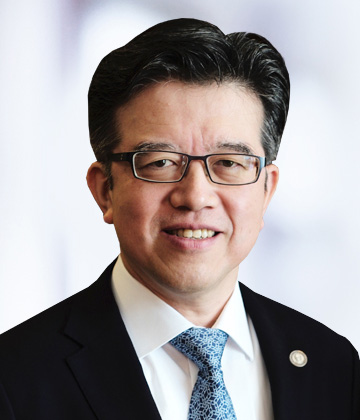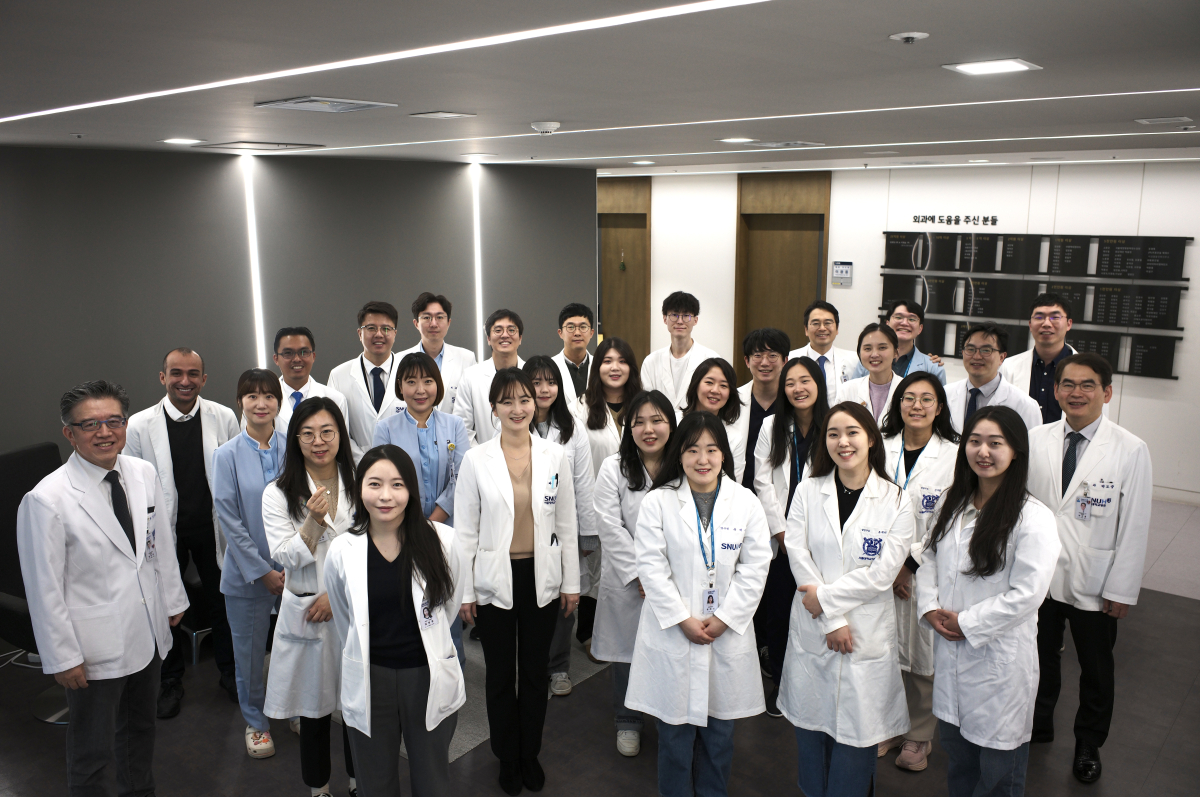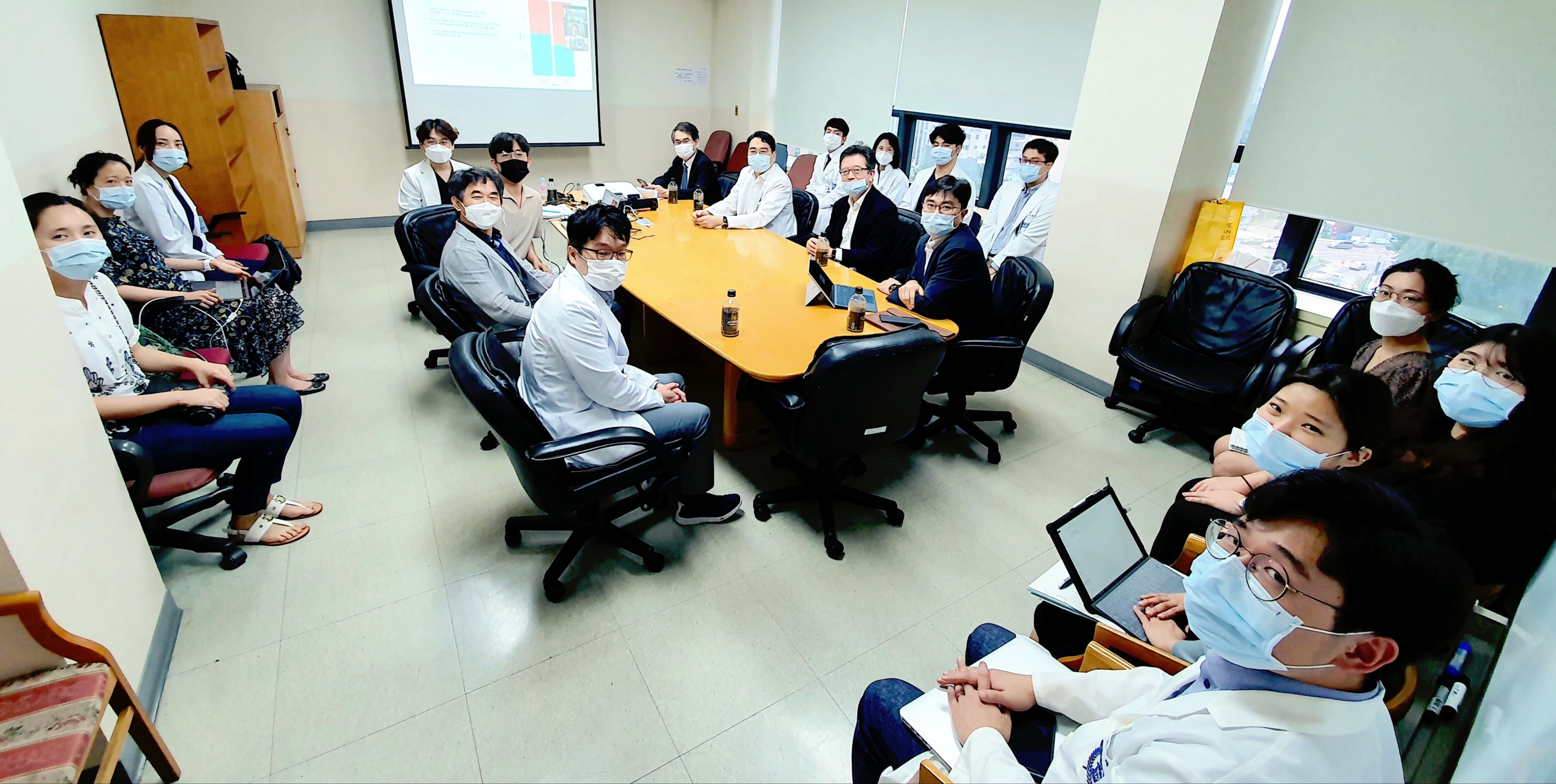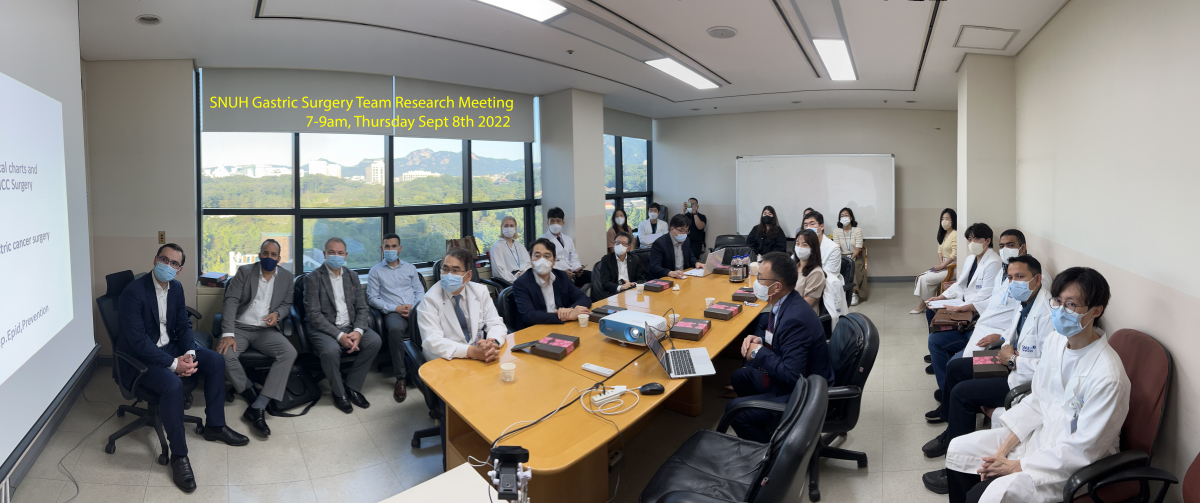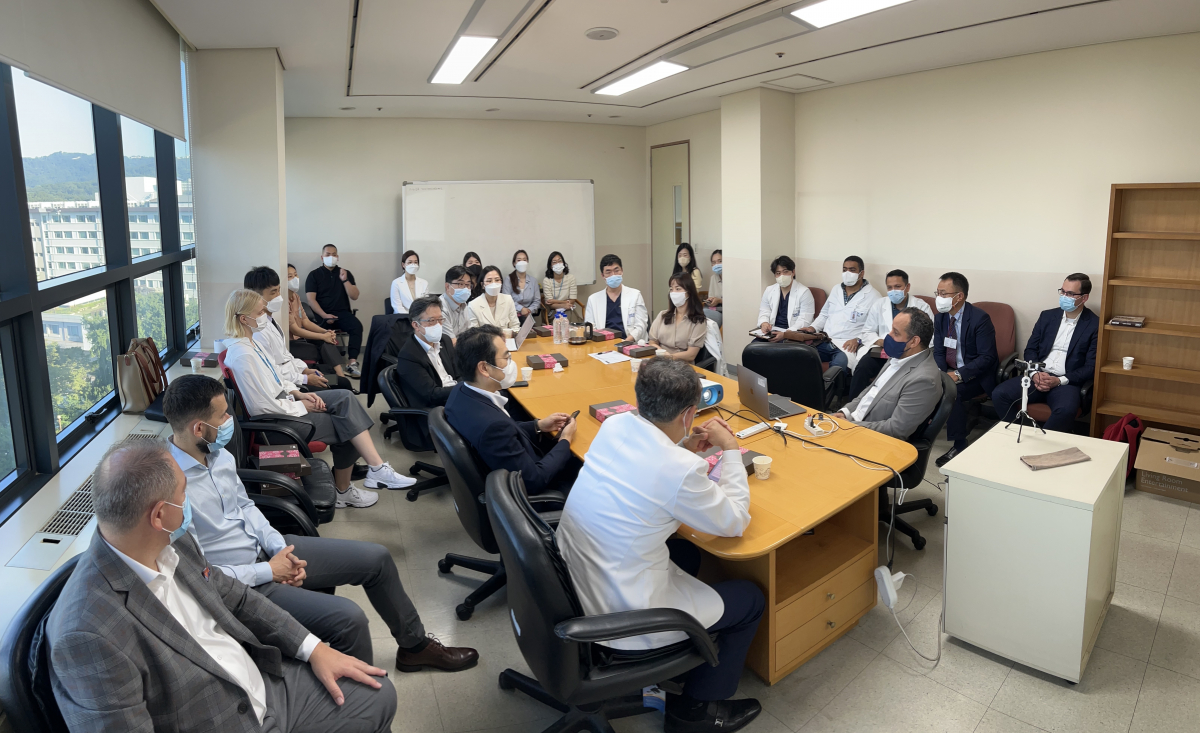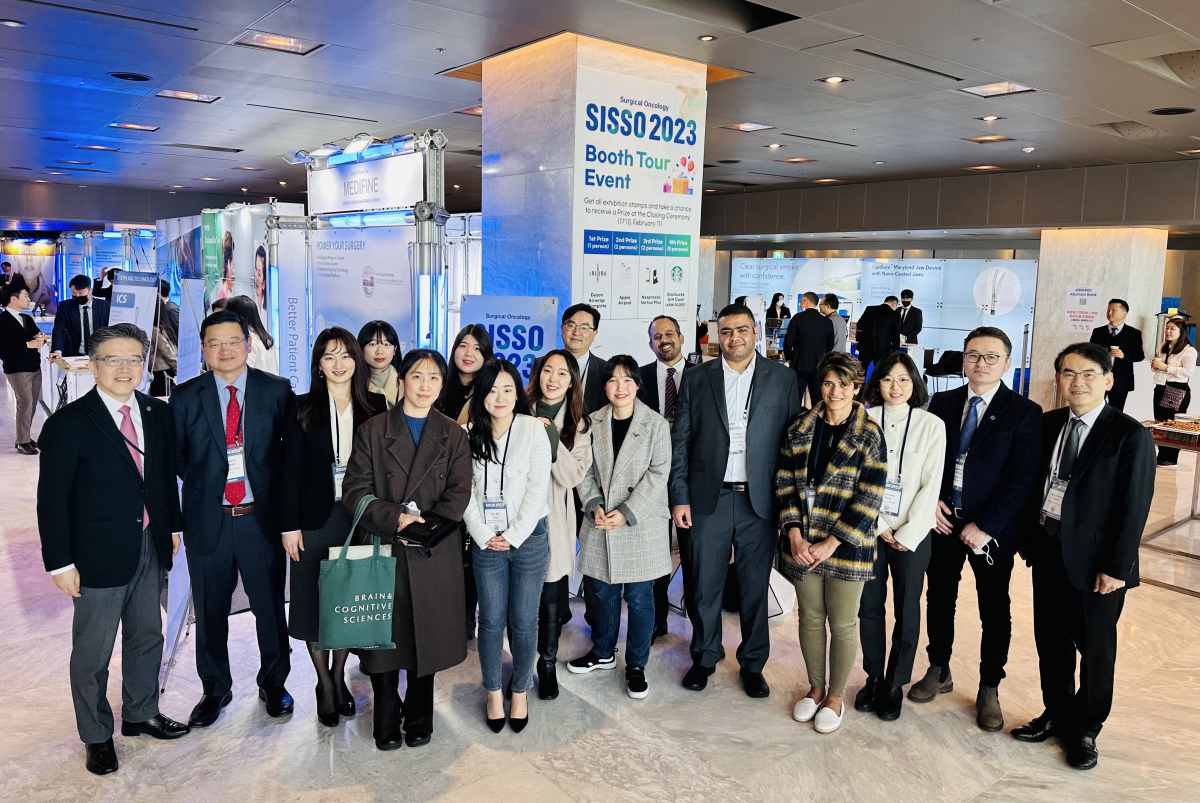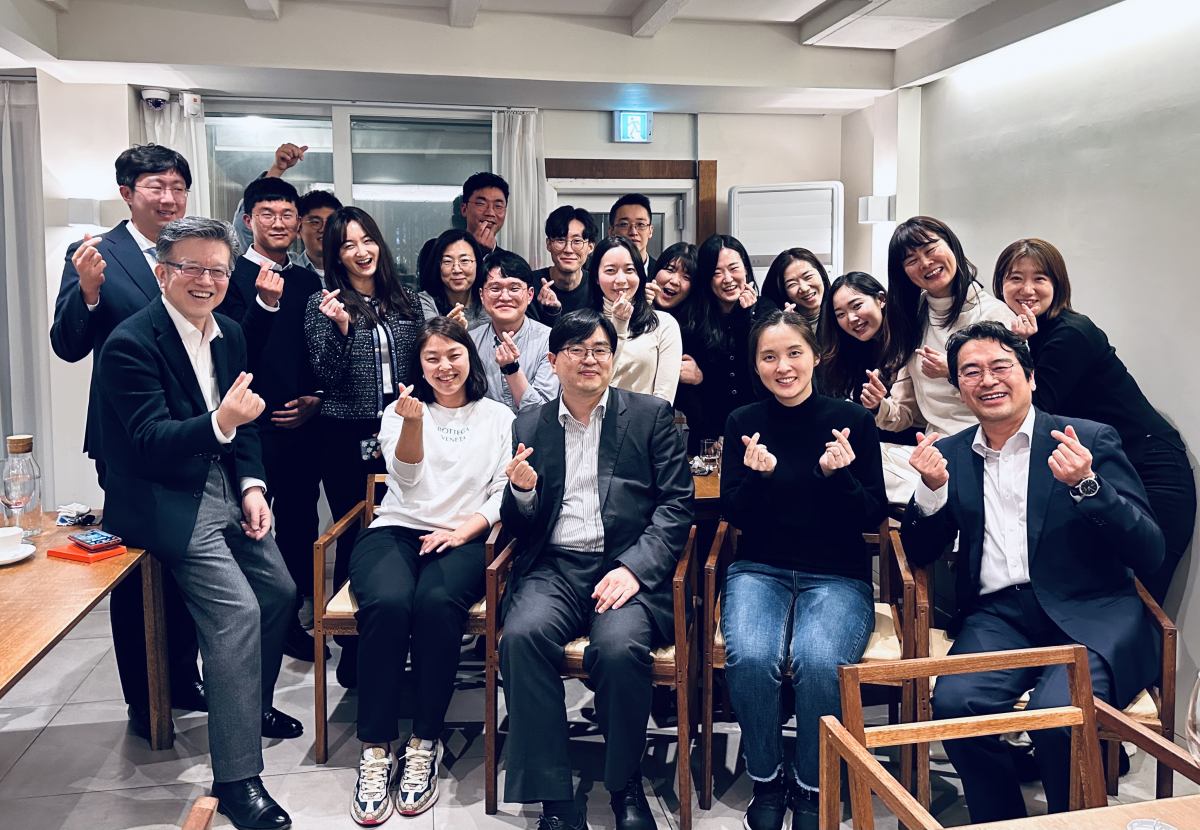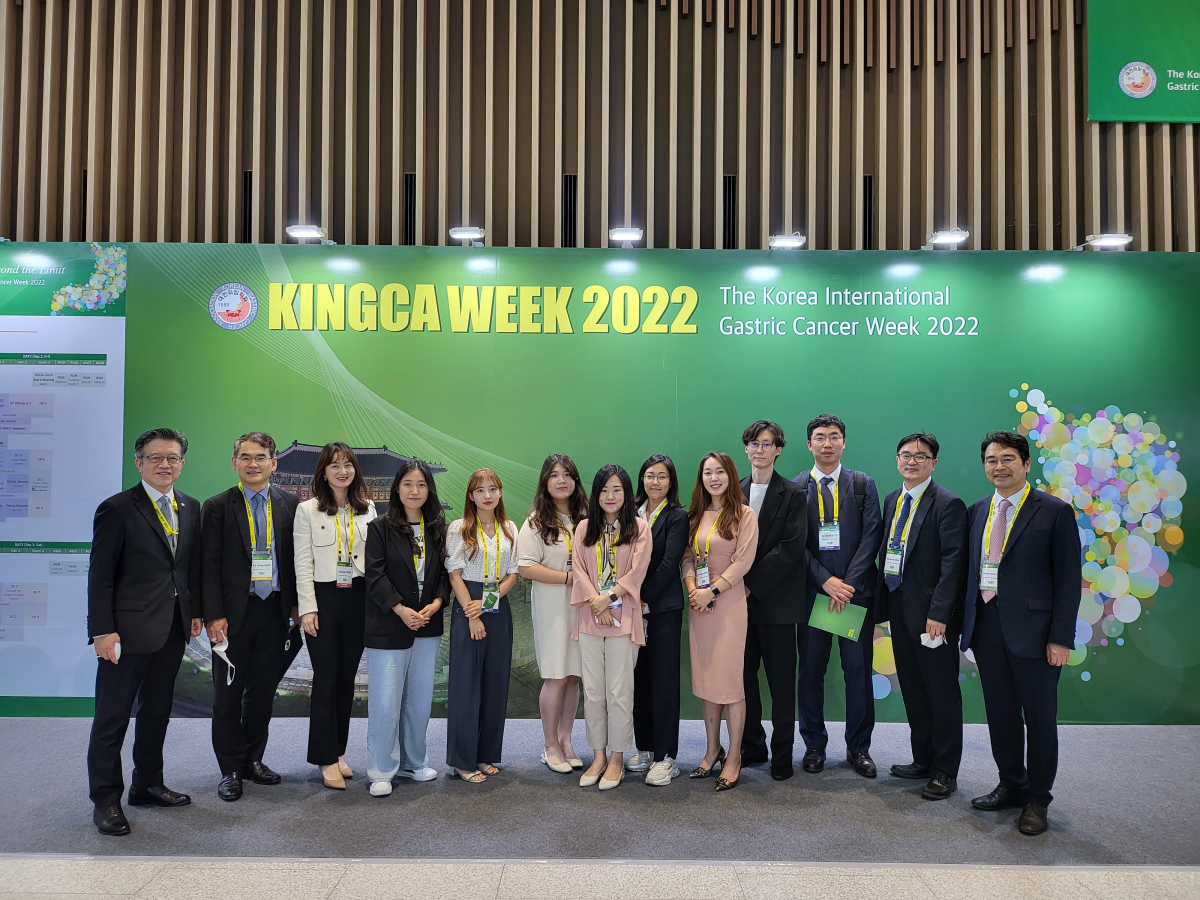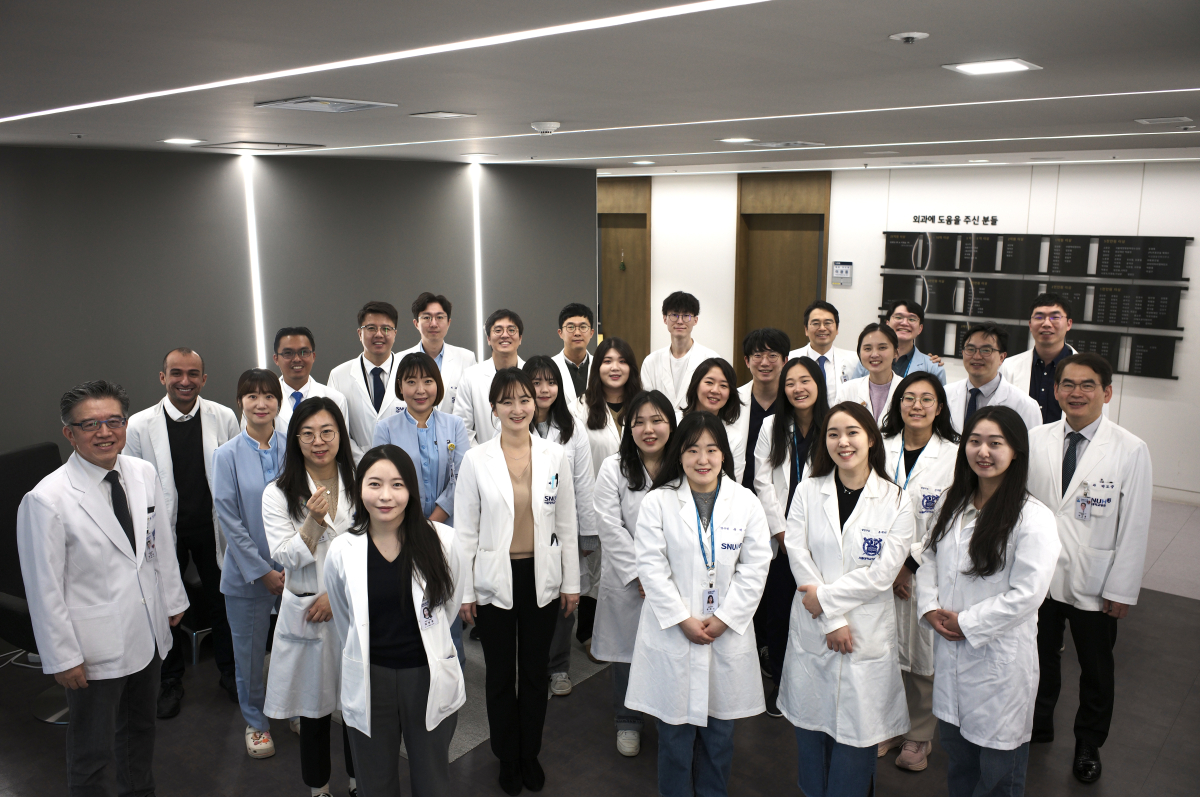-Woo XY, Giordano J, Srivastava A, Zhao ZM, Lloyd MW, de Bruijn R, Suh YS, Patidar R, Chen L, Scherer S, Bailey MH, Yang CH, Cortes-Sanchez E, Xi Y, Wang J, Wickramasinghe J, Kossenkov AV, Rebecca VW, Sun H, Mashl RJ, Davies SR, Jeon R, Frech C, Randjelovic J, Rosains J, Galimi F, Bertotti A, Lafferty A, O'Farrell AC, Modave E, Lambrechts D, Ter Brugge P, Serra V, Marangoni E, El Botty R, Kim H, Kim JI, Yang HK, Lee C, Dean DA 2nd, Davis-Dusenbery B, Evrard YA, Doroshow JH, Welm AL, Welm BE, Lewis MT, Fang B, Roth JA, Meric-Bernstam F, Herlyn M, Davies MA, Ding L, Li S, Govindan R, Isella C, Moscow JA, Trusolino L, Byrne AT, Jonkers J, Bult CJ, Medico E, Chuang JH; PDXNET Consortium; EurOPDX Consortium. Conservation of copy number profiles during engraftment and passaging of patient-derived cancer xenografts. Nat Genet. 2021 Jan;53(1):86-99.
- Ashoka AH, Kong SH, Seeliger B, Andreiuk B, Soares RV, Barberio M, Diana M, Klymchenko AS. Near-infrared fluorescent coatings of medical devices for image-guided surgery. Biomaterials. 2020 Dec;261:120306.
-Berlth F, Kim WH, Choi JH, Park SH, Kong SH, Lee HJ, Yang HK. Prognostic Impact of Frozen Section Investigation and Extent of Proximal Safety Margin in Gastric Cancer Resection. Ann Surg. 2020 Nov;272(5):871-878.
-Suh YS, Na D, Lee JS, Chae J, Kim E, Jang G, Lee J, Min J, Ock CY, Kong SH, George J, Zhang C, Lee HJ, Kim JI, Kim SJ, Kim WH, Lee C, Yang HK. Comprehensive Molecular Characterization of Adenocarcinoma of the Gastroesophageal Junction Between Esophageal and Gastric Adenocarcinomas. Ann Surg. 2020 Oct 19. [Online ahead of print]
-Peille AL, Vuaroqueaux V, Wong SS, Ting J, Klingner K, Zeitouni B, Landesfeind M, Kim WH, Lee HJ, Kong SH, Wulur I, Bray S, Bronsert P, Zanella N, Donoho G, Yang HK, Fiebig HH, Reinhard C, Aggarwal A. Evaluation of molecular subtypes and clonal selection during establishment of patient-derived tumor xenografts from gastric adenocarcinoma. Commun Biol. 2020 Jul 9;3(1):367.
-Lee SH, Jang DK, Yoo MW, -Hwang SH, Ryu SY, Kwon OK, Hur H, Man Yoon H, Eom BW, Ahn HS, Son T, Song KY, Lee HH, Choi MG, An JY, Lee SI, Lee KH, Ahn S, Park YS, Park DJ; Efficacy and Safety of DWJ1319 in the Prevention of Gallstone Formation after Gastrectomy in Patient with Gastric Cancer: A Multicenter, Randomized, Double-blind, Placebo-controlled Study (PEGASUS-D) Group. Efficacy and Safety of Ursodeoxycholic Acid for the Prevention of Gallstone Formation After Gastrectomy in Patients With Gastric Cancer: The PEGASUS-D Randomized Clinical Trial. JAMA Surg. 2020 Jun 17;155(8):703–11.
-Min JM, Han TS, Sohn YJ, Takahiro Shimizu, Choi BR, Bae SW, Hur K, Kong SH, Suh YS, Lee HJ, Kim JS, Min JK, Kim WH, Kim VN, Choi EY, James R.Goldenring, Yang HK. microRNA-30a arbitrates intestinal-type early gastriccarcinogenesis by directly targeting ITGA2. Gastric Cancer. 2020 Jul;23(4):600-613.
-Bae SW, Felix Berlth, Jeong KY, Suh YS, Kong SH, Lee HJ, Kim WH, Chung JK, Yang HK. Establishment of a [18F]-FDG-PET/MRI Imaging Protocol for Gastric Cancer PDX as a Preclinical Research Tool. J Gastric Cancer. 2020 Mar; 20(1): 60–71.
-Kanda M, Suh YS, Park DJ, Tanaka C, Ahn SH, Kong SH, Lee HJ, Kobayashi D, Fujiwara M, Shimada H, Cho B, Murotani K, Kim HH, Yang HK, Kodera Y. Serum levels of ANOS1 serve as a diagnostic biomarker of gastric cancer: a prospective multicenter observational study. Gastric Cancer. 2020 Mar;23(2):203-211.
-Han TS, Voon DC, Oshima H, Nakayama M, Echizen K, Sakai E, Yong ZWE, Murakami K, Yu L, Minamoto T, Ock CY, Jenkins BJ, Kim SJ, Yang HK, Oshima M. Interleukin 1 Up-regulates MicroRNA 135b to Promote Inflammation-Associated Gastric Carcinogenesis in Mice. Gastroenterology. 2019 Mar;156(4):1140-1155.e4.
- Lee HJ, Hyung WJ, Yang HK, Han SU, Park YK, An JY, Kim W, Kim HI, Kim HH, Ryu SW, Hur H, Kong SH, Cho GS, Kim JJ, Park DJ, Ryu KW, Kim YW, Kim JW, Lee JH, Kim MC; Korean Laparo-endoscopic Gastrointestinal Surgery Study (KLASS) Group. Short-term Outcomes of a Multicenter Randomized Controlled Trial Comparing Laparoscopic Distal Gastrectomy With D2 Lymphadenectomy to Open Distal Gastrectomy for Locally Advanced Gastric Cancer (KLASS-02-RCT). Ann Surg. 2019 Dec;270(6):983-991
- Anderson BW, Suh YS, Choi B, Lee HJ, Yab TC, Taylor W, Dukek BA, Berger CK, Cao X, Foote PH, Devens ME, Boardman LA, Kisiel JB, Mahoney DW, Slettedahl SW, Allawi HT, Lidgard GP, Smyrk TC, Yang HK, Ahlquist DA. Detection of Gastric Cancer with Novel Methylated DNA Markers: Discovery, Tissue Validation, and Pilot Testing in Plasma. Clin Cancer Res 2018 Nov 15;24(22):5724-5734.
- Kong SH, Kim SM, Kim DG, Park KH, Suh YS, Kim TH, Kim IJ, Seo JH, Lim YJ, Lee HJ, Yang HK. Intraoperative Neurophysiologic Testing of the Perigastric Vagus Nerve Branches to Evaluate Viability and Signals along Nerve Pathways during Gastrectomy. J Gastric Cancer. 2019 Mar;19(1):49-61.
-Huh YJ, Son YG, Kim TH, Park JH, Oh TJ, Choi B, Min J, Cho YM, Yang HK, Lee HJ. Effect and Mechanisms of Diabetes Resolution According to the Range of Gastric Resection and the Length of Anastomosis in Animal Models: Implication for Gastric Cancer Surgery in Patients with Diabetes Mellitus. World J Surg. 2018 Apr;42(4):1056-1064.
-Cho SY, Sung CO, Chae J, Lee J, Na D, Kang W, Kang J, Min S, Lee A, Kwak E, Kim J, Choi B, Kim H, Chuang JH, Pak HK, Park CS, Park S, Ko YH, Lee D, Roh J, Cho MS, Park S, Ju YS, Suh YS, Kong SH, Lee HJ, Keck J, Banchereau J, Liu ET, Kim WH, Park H, Yang HK, Kim JI, Lee C. Alterations in the Rho pathway contribute to Epstein-Barr virus-induced lymphomagenesis in immunosuppressed environments. Blood. 2018 Apr 26;131(17):1931-1941.
-Choi B, Lee HJ, Min J, Choe HN, Choi YS, Son YG, Ahn HS, Suh YS, Goldenring JR, Yang HK. Plasma expression of the intestinal metaplasia markers CDH17 and TFF3 in patients with gastric cancer. Cancer Biomark. 2017 Jul 4;19(3):231-239.
-Min J, Choi B, Han TS, Lee HJ, Kong SH, Suh YS, Kim TH, Choe HN, Kim WH, Hur K, Yang HK. Methylation Levels of LINE-1 As a Useful Marker for Venous Invasion in Both FFPE and Frozen Tumor Tissues of Gastric Cancer. Mol Cells. 2017 May 31;40(5):346-354.
-Choi B, Yu J, Han TS, Kim YK, Hur K, Kang BC, Kim WH, Kim DY, Lee HJ, Kim VN, Yang HK. Gastric Carcinogenesis in the miR-222/221 Transgenic Mouse Model. Cancer Res Treat. 2017 Jan; 49(1):150-160.
- Oh SY, Choi B, Lee KG, Choe HN, Lee HJ, Suh YS, Kong SH, Lee HJ, Kim WH, Yang HK. Ultrasonically Activated Shears Reduce Blood Loss without Increasing Inflammatory Reactions in Open Distal Gastrectomy for Cancer: A Randomized Controlled Study. Ann Surg Oncol 2017 Feb;24(2):494-501.
-Park H, Cho SY, Kim H, Na D, Han JY, Chae J, Park C, Park OK, Min S, Kang J, Choi B, Min J, Kwon JY, Suh YS, Kong SH, Lee HJ, Liu ET, Kim JI, Kim S, Yang HK, Lee C. Genomic alterations in BCL2L1 and DLC1 contribute to drug sensitivity in gastric cancer. Proc Natl Acad Sci U S A. 2015 Oct 6; 112(40):12492-7.
-Suh YS, Yu J, Kim BC, Choi B, Han TS, Ahn HS, Kong SH, Lee HJ, Kim WH, Yang HK. Overexpression of Plasminogen Activator Inhibitor-1 in Advanced Gastric Cancer with Aggressive Lymph Node Metastasis. Cancer Res Treat. 2015 Oct; 47(4):718-26.
-Han TS, Hur K, Xu G, Choi B, Okugawa Y, Toiyama Y, Oshima H, Oshima M, Lee HJ, Kim VN, Chang AN, Goel A, Yang HK. MicroRNA-29c mediates initiation of gastric carcinogenesis by directly targeting ITGB1. Gut. 2015 Feb; 64(2):203-14.
-Yu J, Lee HJ, Hur K, Kwak MK, Han TS, Kim WH, Song SC, Yanagihara K, Yang HK. The antitumor effect of a thermosensitive polymeric hydrogel containing paclitaxel in a peritoneal carcinomatosis model. Invest New Drugs 2012 Feb;30(1):1-7.
-Kong SH, Lee HJ, Ahn HS, Kim JW, Kim WH, Lee KU, Yang HK. Stage migration effect on survival in gastric cancer surgery with extended lymphadenectomy: the reappraisal of positive lymph node ratio as a proper N-staging. Ann Surg 2012 Jan;255(1):50-8.
-Park DJ, Kim HH, Park YS, Lee HS, Lee WW, Lee HJ, Yang HK. Simultaneous Indocyanine Green and (99m)Tc-Antimony Sulfur Colloid-Guided Laparoscopic Sentinel Basin Dissection for Gastric Cancer. Ann Surg Oncol 2011 Jan;18(1):160-5.
-Lee HJ, Nam KT, Park HS, Kim MA, Lafleur BJ, Aburatani H, Yang HK, Kim WH, Goldenring JR. Gene expression profiling of metaplastic lineages identifies CDH17 as a prognostic marker in early-stage gastric cancer. Gastroenterology 2010 Jul;139:213-225.

